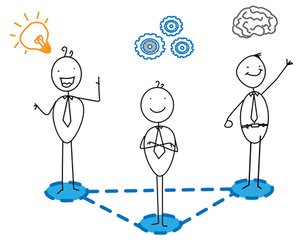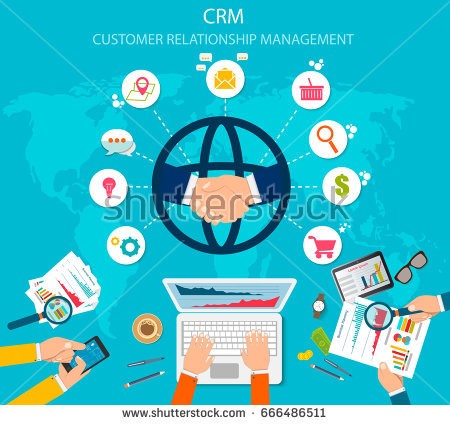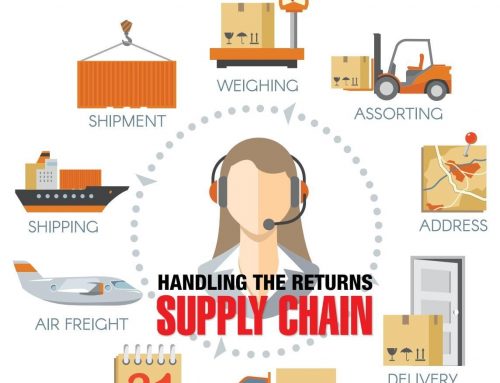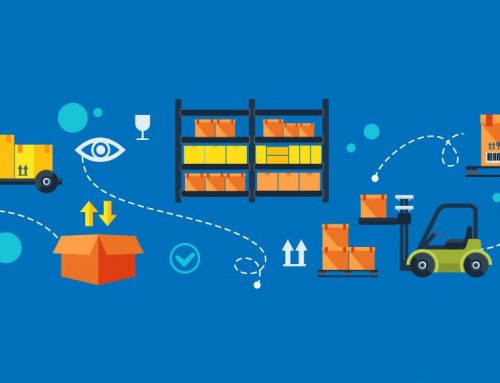Project Description
Why attend
Customer Relationship Management (CRM) is a strategy for managing all your company’s relationships and interactions with your customers and potential customers. It helps improving the company’s profitability. More commonly, when people talk about CRM they are usually referring to a CRM system, a tool which helps with contact management, sales management, workflow processes, productivity and more. Customer Relationship Management enables the company to focus on organization’s relationships with individual people – whether those are customers, service users, collaborators, colleagues or suppliers. CRM is not just for sales. Some of the biggest gains in productivity can come from moving beyond CRM as a sales and marketing tool and embedding it in your business – from HR to customer services and supply-chain management.
Course Objectives
By the end of the course, participants will be able to:
- Learning the basic aspects of a Customer Requirement Management system
- Identifying the relations between CRM and Sales
- Identifying the relations between CRM and Supply Chain
- Realizing the links of CRM to other company’s systems and procedures
- Realizing the importance of workflow presence in CRM
- Discussing the benefits and limitations of a CRM system
Who should attend
This course is ideal for either managers who are or may be involved in a company operation requiring interaction with customers or managers whose their work is affected by customers requirements. Alternatively, the course would suit anyone within the company who wishes to understand the principles of a Customer Requirements Management System.
Course Outline
Definitions
What is a Customer Requirement Management System – Types of CRM – Basic Modules
Analyzing the components of a CRM
Data Warehouse – Opportunity management – Interfaces – Requirements Integrator – Measuring customer satisfaction
CRM within the organization
Workflows – Sources of information – Roles & Responsibilities – Links to other functions – Links to other company systems
CRM and Sales
Relation between CRM and Sales – CRM and Customer Service – Factors affecting smooth cooperation
CRM and Supply Chain
Relation between CRM and Supply Chain – Factors affecting smooth cooperation
Improving an existing CRM System
Analyzing the information – Training of employees – Provide what is requested by the customer
Benefits of a CRM system
Benefits for the company – Benefits for the customer – Limitations
CRM as a marketing tool
Examples of successful cases
The workshop
This interactive training course includes the following training methodologies as presented on the next column based on percentage of the total tuition hours:
Lectures
Workshops & Work presentation
Case Studies & Practical Exercises
Videos, Sofware & General Discussion
The course instructor may modify the above training methodology before or during the course for technical reasons with no prior notice to participants.
Falcon Consulting Professionals is established in Greece for the last 15 years in the areas of technical consulting and professional training for the local industries. Falcon is expanding in GCC, aiming to provide the best consulting and training solutions to the industries of the region. Falcon’s instructors are accredited trainers and highly experienced in their fields, as well as adult training. We aspire to build our business relationships on mutual trust. The achievement of results with an emphasis on innovation and sustainability, quality, cost analysis and time scheduling are non-negotiable from the conceptual phase of the training.









